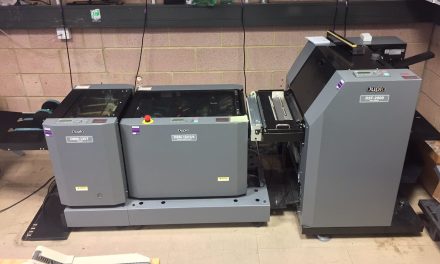
Air Water Systems, An Insight Of Circumstances And Its Advantages

System of air water has water as the controllable fluid circulating in a space. It means there is a need for a thermal unit as each space also needs small air unit featuring a filter, a fan and a coil. Today, many modern buildings, administration and office buildings used air water systems. This is because it offers energy-efficient solutions for the ventilation of internal space and air conditioning. In fact, variety of installation possibilities is possible and so most buildings and its variants meet the required architecture.
Circumstances that air-water systems are used
Many tasks involve air conditioning as the environment internally is contaminated by pollutants and smells that there are internal and external thermal loads getting heated. Thus, while considering the design, everything should be taken into concern such as devices, machines, lighting equipment and the space users causing thermal loads and air contamination.
- In the cinemas, meeting rooms and theatres, mainly people cause air contamination. Quality air is received only by providing clean fresh air in adequate quantity and that involves considering the occupancy levels into account. However, in such cases, the cooling capacity and the required heating is provided by differential air temperature supply. Thus, a classic air system is a good choice here to provide required air conditioning.
- Modern administrative buildings and offices are equipped with heavy equipments and feature external glazing to large areas. The emission of heat from the equipment and the solar result in heating the considerable space, without impairing the air quality by contamination.
In fact, the space cooling employing all air system also requires a high air flow rate and this result in increasing the air distribution system energy costs. Here, the ideal choice is the air-water systems since the cooling and heating capacity of these systems may be provided regardless of the required air flow rate. Besides, the systems of air-water provide the advantage such that the thermal energy gets efficiently transported by water than air. This means water has lower requirements of energy to provide the same cooling or heating capacity.
Architectural advantages
- Better efficiency of space utilization
The air-water systems need low air flow rates in comparison and it means the air supply required and the extract sectional areas of duct cross are reduced significantly.
- Architectural flexibility
Allow installing units in the walls, ceilings, floor or facades meeting specific requirements.
- Model flexibility offered in change of usage
The air water systems modular configuration has the possibility to change the building usage without changing the installation at later stage.
- Safeguard original building
The air-water systems are absolutely suitable for the existing buildings refurbishment and also for retrofit.
Pros of Air-and-Water Systems (HVAC)
- Saves the building space. This is because the gravity and density of water is higher than air and so the cross sectional area is less of water piping than of air ductwork. Thus, the cooling and heating loads are handled by the water portion, thereby making the ductwork requirements of distribution smaller than the all-air system.
- The system of air handling is smaller and ventilation is assured than all-air system.
- Contamination between rooms is controlled reasonably.
- Zones are controlled independently of their cooling and heating requirements simultaneously or even separately.











